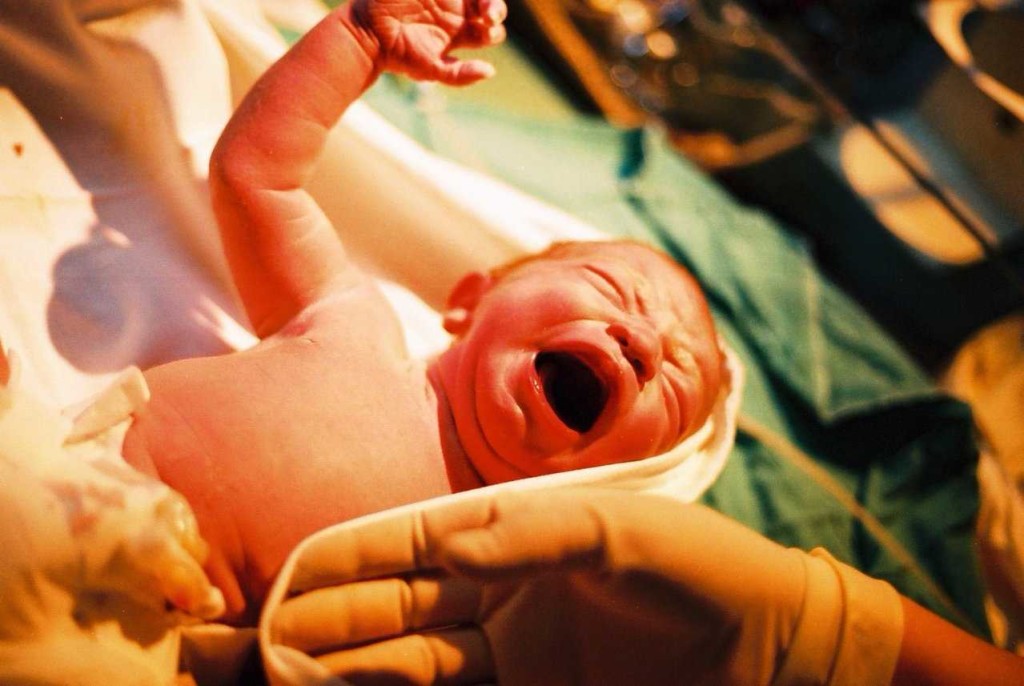
LEXINGTON, Ky. — The Kentucky Supreme Court has denied an abortion facility’s request to lift an injunction against the location for operating without a license, keeping the facility closed until it complies with the law.
According to reports, the EMW Women’s Clinic in Lexington has been closed since June as the Kentucky Cabinet for Health and Family Services received a report that the facility had been operating unlicensed. Kentucky law requires that full-time abortion facilities obtain licenses from the Cabinet in order to perform abortions.
In February, after receiving the tip, the Cabinet inspected EMW Women’s Clinic and found that it was offering abortions without a license and that conditions were unsanitary. It filed for an injunction to stop the facility from operating until it complied with the law.
But attorneys for EMW Women’s Clinic asserted that a license wasn’t needed since it served as a women’s health clinic that also performed abortions. Bevin’s administration rebuffed the argument, stating that the location was indeed a full-time abortion facility.
In March, Circuit Judge Ernesto Scorsone denied the state’s request for an injunction, opining that Bevin’s administration had misinterpreted the law. However, in June, the Kentucky Court of Appeals reversed the decision, declaring that the facility may not operate without a license.
“[T]he circuit court’s findings and conclusions are clearly erroneous,” the all-female panel wrote. “The Cabinet is not seeking to prevent women from obtaining abortions. It is seeking, however, to enforce its right to regulate the manner in which abortions are performed in this commonwealth.”
Attorneys for EMW Women’s Clinic then appealed to the Kentucky Supreme Court, which upheld the appeals court ruling on Thursday.
“EMW has failed to demonstrate why it should be exempt from licensure as an abortion facility,” it wrote. “EMW exists solely to perform abortions and offers little to no proof it does anything else other than performing that service in potentially substandard conditions, proving precisely why the Commonwealth requires these facilities to be licensed in the first place.”
Bevin applauded the outcome, stating, “We are pleased that the Kentucky Supreme Court has upheld the Court of Appeals’ decision recognizing that an unlicensed abortion clinic is prohibited from performing abortions. The laws of Kentucky matter and must be followed, even when individuals, corporations or lower court judges think otherwise.”
As previously reported, Bevin outlined in a separate Planned Parenthood case that he personally opposes abortion, but since the law allows it, he feels he has to abide by state law and permit facilities to be licensed regardless of his belief that abortion is murder.
“Although I am an unapologetically pro-life individual, I recognize and accept that there are some laws on the books that I do not necessarily agree with,” he stated. “[M]y job is to ensure that they are followed regardless of my personal opinion.”
According to the Guttmacher Institute, in 2011, the latest year on file, 3,970 abortions were performed in Kentucky at its three abortion facilities—or over 1,000 per facility per year. Nearly 60 million children have been murdered in America since the issuance of the U.S. Supreme Court ruling of Roe v. Wade.
Become a Christian News Network Supporter...


